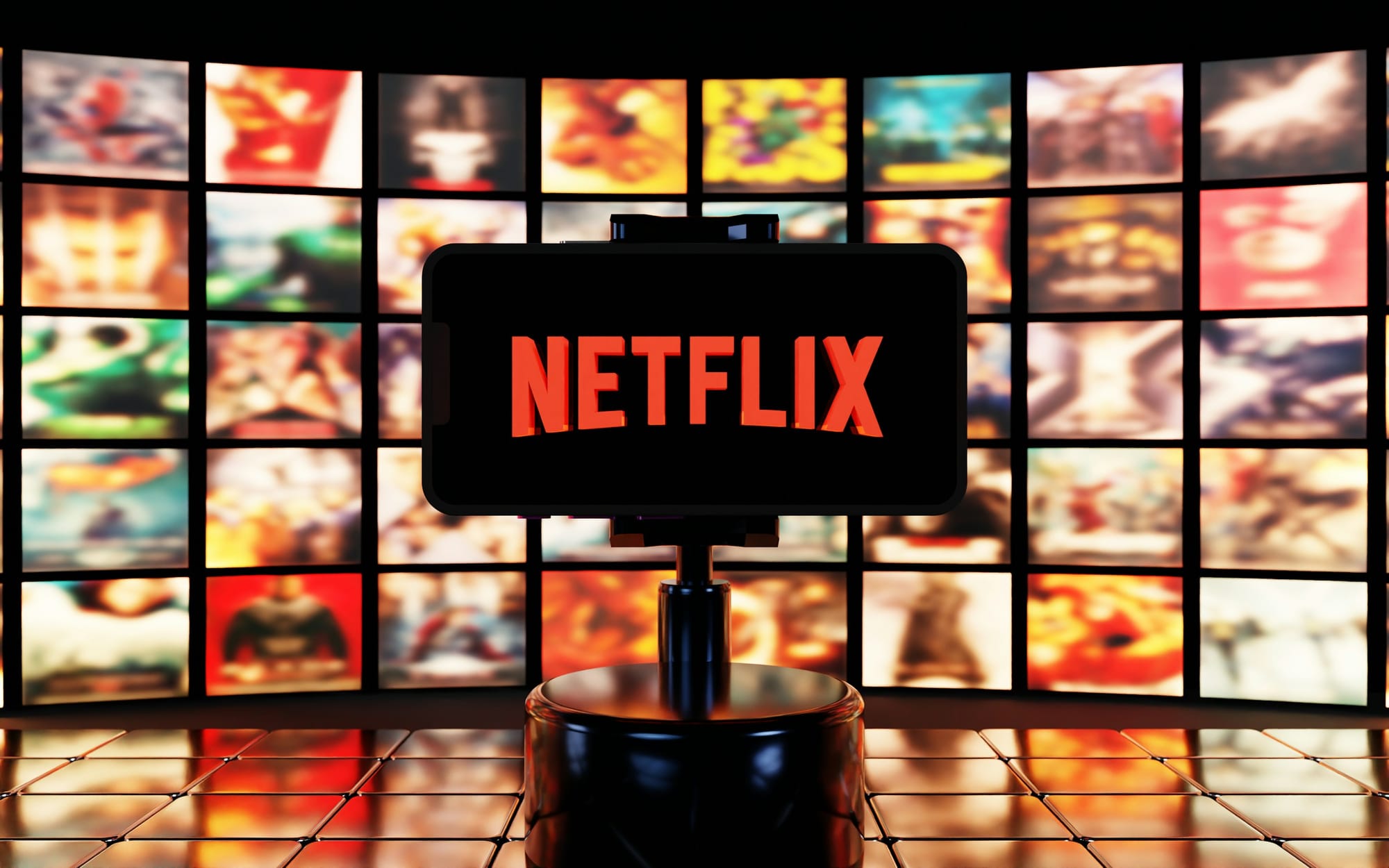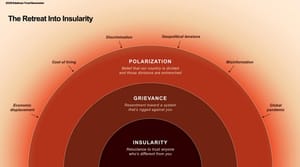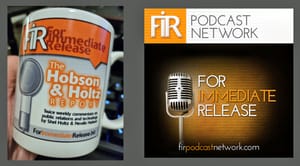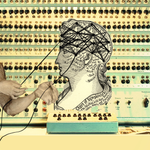If you’ve ever fallen down a rabbit hole on the Wayback Machine – chasing the ghosts of websites long vanished – you’ll know the quiet brilliance of the Internet Archive, the US non-profit organisation behind the Wayback Machine and other invaluable resources. It’s one of those rare corners of the web that still feels human: built not for clicks or ads, but for curiosity.
That’s why I paused when I read Ashley Belanger’s excellent piece in Ars Technica this week, reporting that while the Archive has finally emerged from years of brutal copyright battles, the cost was immense. Founder Brewster Kahle summed it up in six words that broke my heart a little:
“We survived, but it wiped out the library.”
Half a million books are gone from the Archive’s Open Library – erased by law.
A Dream Singed by Lawsuits
Kahle's vision was always audacious: to build a digital Library of Alexandria, “with a better fire protection plan.” Since 1996, the Internet Archive has quietly preserved more than a trillion web pages, and millions of films, recordings and books.
There’s also the modern Bibliotheca Alexandrina in Egypt – a stunning library built to honour the ancient one. Today, it offers shelf space for over eight million books. While that library safeguards printed knowledge in a physical place, the Internet Archive serves as its digital counterpart, preserving the world’s collective memory online.
But, as Ars Technica explains, Kahle's digital vision collided with the hard edges of American copyright law. During the pandemic, the Archive temporarily lifted its one-loan-per-book limit to create a “National Emergency Library” so people stuck at home could keep reading. Publishers sued. Courts ruled against the Archive.
The result: hundreds of thousands of books removed and years of litigation that nearly bankrupted the organisation.
The same happened with the Great 78 Project, a collection of early 20th-century shellac recordings, more commonly known as 78RPM records. Music labels claimed damages of up to $700 million before a settlement was reached. Kahle and his team survived – just.
It’s easy to dismiss these as American legal dramas. But the effects ripple far wider. The Internet Archive is global. Its readers, donors, and volunteers come from everywhere. Its disappearance – or even contraction – would be felt on every continent.
What strikes me most is how invisible this loss feels. No smoke, no headlines, no public mourning – yet half a million books vanished overnight. For researchers, Wikipedia editors, students, and the curious, that’s an enormous hole in the record.

Ars Technica quotes copyright lawyer Kyle Courtney, who warns that e-book licences now make libraries look more like Netflix subscriptions than cultural institutions. Access can expire; ownership is fleeting.
His line – “We don’t want libraries to become Hulu or Netflix” – stuck with me. It captures something essential about this moment: the slow privatisation of memory.
This fight happened in US courts, but the questions it raises matter everywhere. Who gets to decide what stays accessible online? How much of our shared culture sits behind licences we don’t control?
Kahle worries that the same forces that once destroyed libraries in times of upheaval – kings, churches, empires – now wear corporate logos and legal robes. “It used to be kings and churches,” he told Ars Technica. “Now it’s corporations and governments.”
That may sound bleak, but it’s not paranoia. The more our history migrates into digital spaces, the easier it becomes to erase it with a lawsuit, a server failure, or a change of ownership. The Internet Archive has become the canary in the coal mine for digital preservation.
Despite everything, Kahle isn’t retreating. His latest project, Democracy’s Library, aims to gather and preserve government publications from around the world, making them freely available and linked to Wikipedia. It’s a small act of defiance and a big act of faith – that knowledge still belongs to everyone.
The Archive is also stockpiling physical books and media, a literal backup in case digital access continues to shrink. There’s something poetic about that – saving the tangible so the intangible can endure.
Maintaining a Fragile Memory

When I think about the Library of Alexandria and the burning of the books, I imagine not the flames but the silence that followed – the sudden absence of voices. The Internet Archive’s losses feel like that silence returning in digital form.
As communicators, researchers, or simply curious citizens, we depend on the ability to look back, to verify, to connect the dots. When those connections vanish, our collective intelligence dulls a little. Kahle calls it “the world becoming stupider.”
He’s right. And it’s on all of us – not just librarians – to resist that decline.
The Internet Archive isn’t gone. It still holds the web’s memory, one trillion pages strong. But its story reminds us that preserving knowledge isn’t a technical task; it’s a cultural one. It requires courage, funding, and public will.
If there’s a modern Library of Alexandria, this is it. And perhaps the best way to honour it is simple: use it, support it, talk about it. Because a library only truly lives when people keep visiting, physically or online.




















